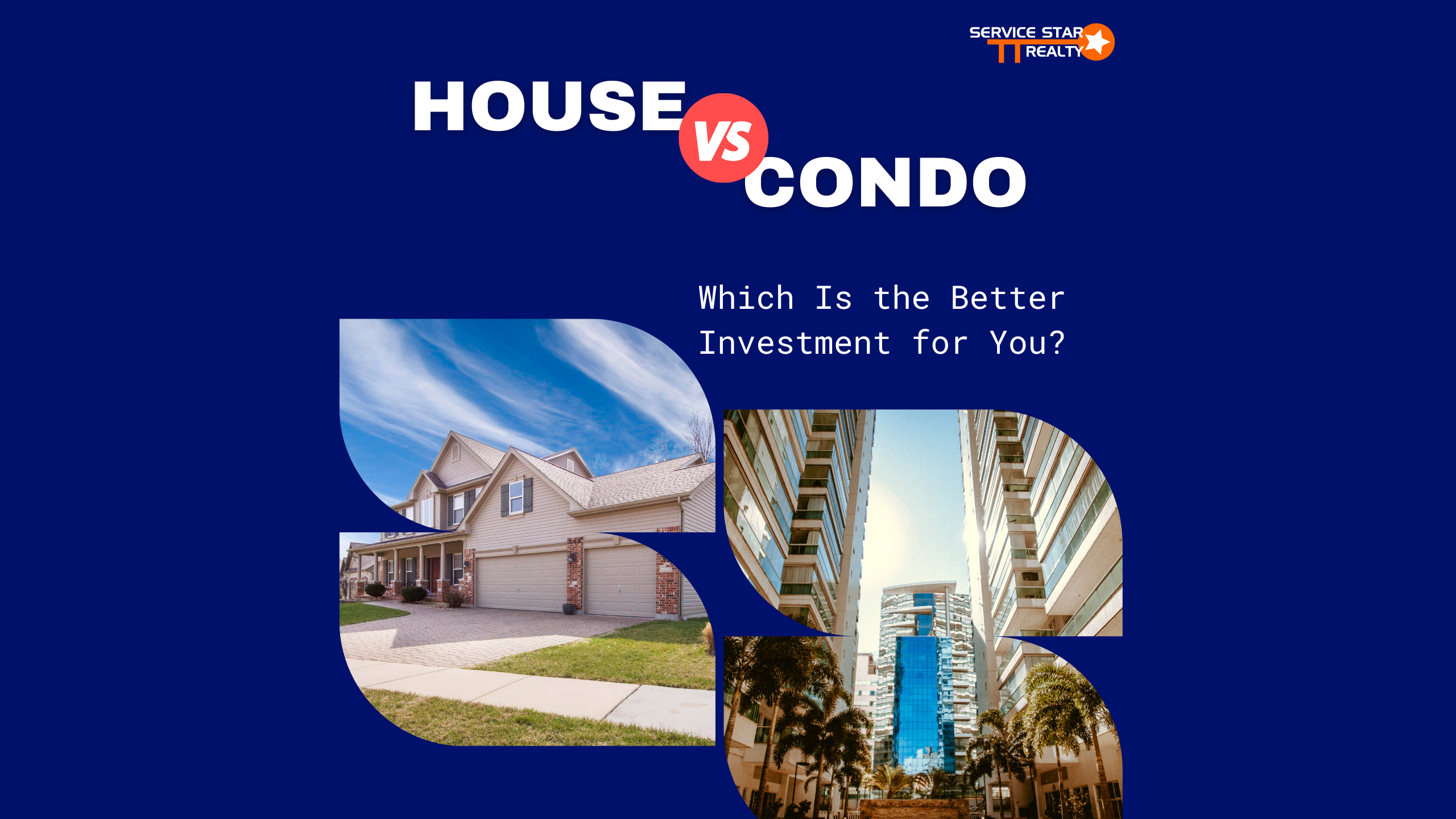House vs. Condo: Which Is the Better Real Estate Investment for You?
Real estate investors often face difficult decisions when trying to decide if it’s better to buy a single-family home or a condominium (multi-family home).
This article looks at the risks and opportunities of both types of homes to help you identify which type of property will fit into your strategy best.
Real Estate Investing With Single Family Homes
Opportunities
In general, single-family homes appreciate better in the long term compared to condos. As both development and resident population quickly catch up, the land where the house is constructed steadily appreciates over time.
Single-family homes tend to have low vacancy rates and no condo fees, which translates into a strong rental income.
The property life expectancy of a single-family home will certainly outlive those of a condo-type property.
Risks
Single-family houses represent a steeper initial cost than condos. This is due to the larger space and the fact that you own the surrounding land that comes with it. Also, you’ll probably need to update and maintain your home to make it more appealing to renters.
Expect to pay contractor fees to cover minor and major repairs as they arise. While some property owners save money by doing the work themselves, most people just don’t have the time, tools, or skills for home repairs and improvements.
Unless the detached house is part of a community, it may lack the amenities that come with condos, such as a swimming pool, fitness center, tennis court, et cetera.
Real Estate Investing With Condos
Opportunities
When purchasing a single-family home, land might be regarded as a luxury. Therefore, single-family homes can be more costly especially if they are located within a prime area. Condos are a more affordable option since they are smaller than houses and do not include land.
Most condos, particularly lifestyle or resort-style living condominiums, have the advantage of greater perimeter security. High-rise security is typically stricter in condos, with features such as multiple-tier access cards and 24/7 security monitoring. In comparison to a gated community, condominiums can easily provide better security.
Condominium developments often provide access to facilities that would be impractical or prohibitively expensive for a single-family homeowner.
Risks
Condo owners pay monthly homeowner association (HOA) fees that are often higher than those on single-family homes. Moreover, condo fees (both monthly membership fees and special levies) are susceptible to increase, adding to your overall cost burden.
The homeowners’ organization may establish restrictions that you’ll need to follow. For instance, condo homeowner association laws may impose limits on how you use the property and make renting your condo unit to others difficult, if not impossible.
With shared walls between condos and shared community spaces, it’s not uncommon for neighbors to get into conflicts. Having a good renter can help you avoid issues during the tenancy. Here at Service Star Realty, we have a couple of resources to help you find a good tenant (please refer to our own 21 Point Screening Process as well as another blog to help you handle tenant screening effectively).
Investing in real estate can be an excellent way to diversify your assets, but there’s no one-size-fits-all solution to real estate investing. Many factors can affect how well your investment goes, and there are always risks and opportunities that come with your options.
Ultimately, choosing between a single-family house and a condo comes down to your desired goal. Both have their advantages, yet they cater to different needs.
If you need help choosing a suitable real estate investment, get in touch with the experts at Service Star Realty!
Service Star Realty
1525 N Granite Reef #16, Scottsdale, AZ 85257
(480) 426-9696














